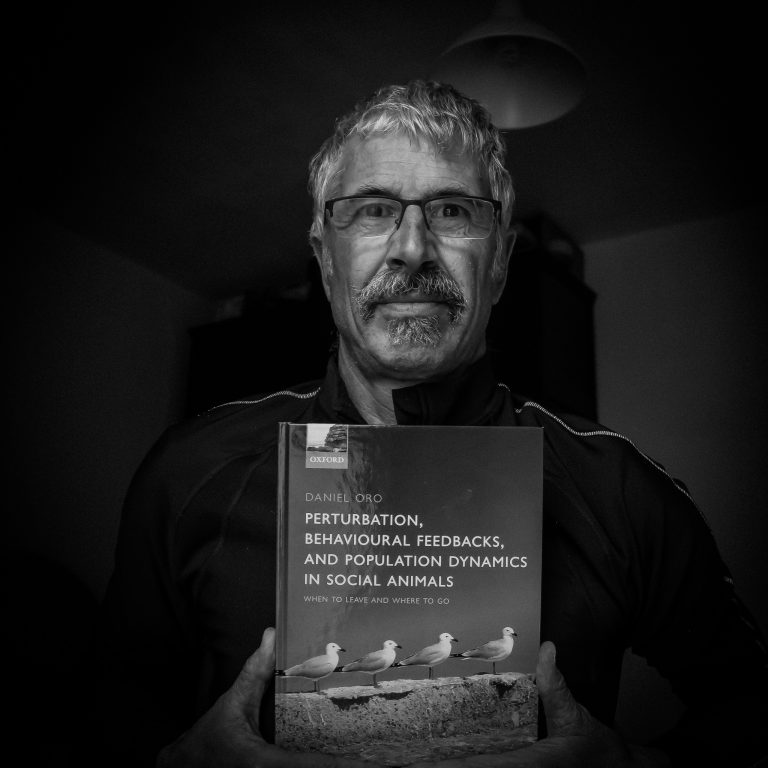I am a Professor of Research at CSIC, where I study how populations change in time and space depending on endogenous factors and ecological drivers, including both biotic and abiotic factors. I am curious about why and when population dynamics become non-linear and why they deviate from the widely accepted logistic growth model. I am also interested in the role of dispersal processes and how they affect those dynamics at local and non-local scales. I am interested in dispersal because it links uncertainty, information gathering and decision-making at the spatial scale, and, more precisely, how sociality may trigger feedback responses and drive, at least partially, the non-linear responses of populations over time. This includes how social feedback (e.g. information sharing, conformity) influences innovation, culture evolution, the resilience of populations and the path to extinction when perturbations occur and the growth rate becomes negative.
Part of those topics are summarized in a book published by OUP:
A review of the book was published in Trends in Ecology and Evolution here
Over the last years, I have been studying vegetation and butterflies communities and their dynamics over time following anthropogenic factors, such as eradication of invasive species in islands and grazing by extensive livestock in the Pyrenees.


